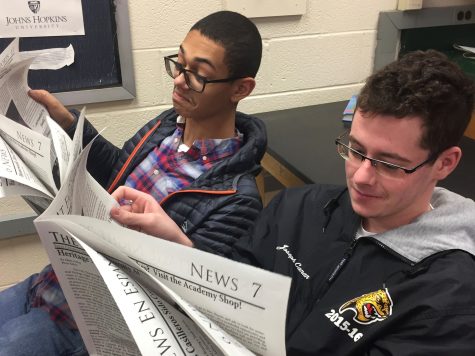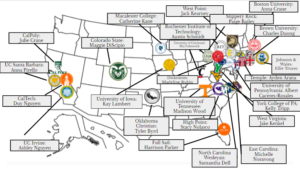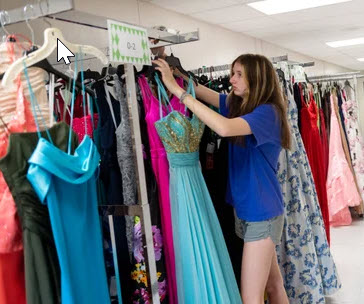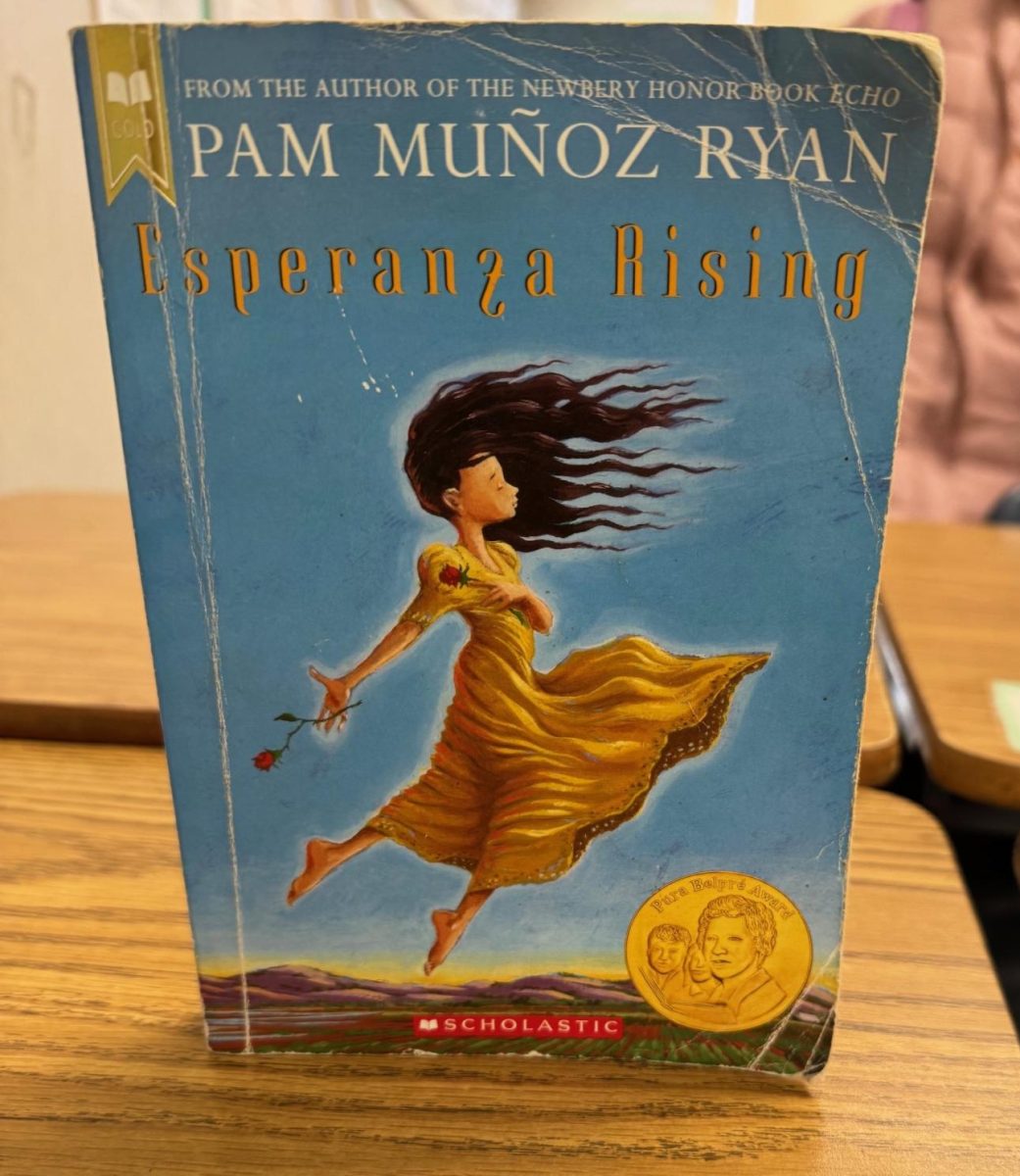Exploring the Meaning of News
April 20, 2017

All of us have heard it by now:
“fake news.” Most notably, President
Donald Trump uttered the words at the
Conservative Political Action Conference
(CPAC) on February 24: “And I
want you all to know that we are fighting
the fake news. It’s fake. Phony. Fake. A
few days ago, I called the fake news the
enemy of the people, and they are. …
Because they have no sources, they just
make them up, when there are none.”
Thanks to intense political divisions
as of late, fake news has become
a legitimate concern. President Trump
has garnered such an intense opposition
that the perception is that even many
major news outlets, such as CNN and
NBC, are actively advocating against
him. Networks like these are eager to
embrace any story that might portray
Trump in an unfavorable light, and
might even go as far as to stretch the
truth in some respects.
Hostility between the President
and these news agencies can be attributed
to Trump labeling them as unreliable
and malicious. These claims are, of course, detrimental to the image of the
networks. Their main focus is to remain
credible and objective in the eyes of the
American public, and President Trump
classifying them in a negative fashion
certainly inhibits this goal. The same
dynamic occurred during President
Obama’s tenure, where conservativeleaning
news outlets such as Fox and
Breitbart seized upon any story that
portrayed the President negatively.
Many Falls Church High School
students appear to be aware of the current
“fake news” situation. Calvin Zubaly
(11) defined the phenomenon as
“people being upset about something
they don’t like. Most of the time, people
call something fake if they don’t believe
it. It’s a real problem since others tend to
believe everything they hear.”
Karina Miller (11) accused
some of today’s media of “[making] up
certain aspects of a story to exaggerate
it.” Calvin commented that he still uses
mainstream news media, namely “The
Washington Times, The Washington
Post, and The New York Times.” Karina,
on the other hand, added that she does
not watch the news anymore: “I’m sick of Trump stories.”
All of these factors bring into question what “news” really
is: is it what television programs and newspapers tell us, or
does it take into account every detail and event that unfolds? The
truth is, the former should reflect the latter, but it often does not.
Millions of Americans rely on mass media to obtain the latest
information concerning this country and global affairs. Because
of this, it is vital that major news stories are consistently covered
accurately. Truthful reporting is a staple of a free country, so it is
important that the American press stays impartial.




